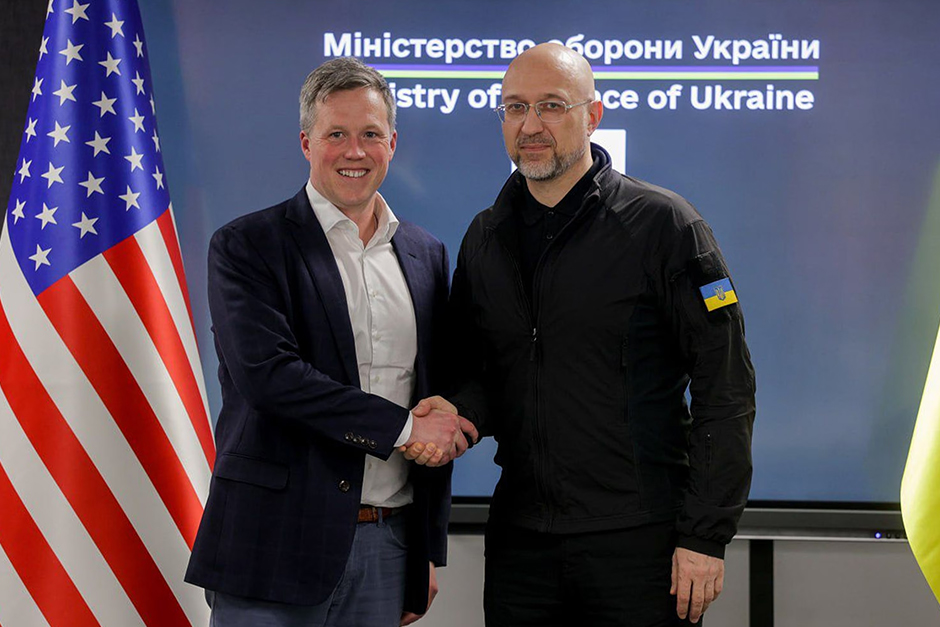The global stage is a complex tapestry of conflicting interests and shifting realities. Few situations exemplify this better than the current whispers emanating from Washington, suggesting a renewed push for peace talks between Ukraine and Russia, precisely when Ukraine’s military finds itself increasingly on the defensive. It’s a paradox that begs deeper examination, raising questions about strategic priorities, the definition of victory, and the immense human cost involved.
The American Overture: A Calculus of Fatigue and Geopolitics
Why now? The timing of the U.S. peace overtures is anything but coincidental. Across the Atlantic, political calendars are nearing crucial junctures, and the sustained commitment of resources to Ukraine is an increasingly debated topic. There’s a palpable sense of donor fatigue, coupled with a broader strategic pivot that necessitates re-evaluating long-term global commitments. The war, while vital for democratic principles, has also become a significant drain on Western treasuries and military stockpiles, demanding a reckoning.
For the U.S., a resolution, even an imperfect one, might offer a path to reallocate focus and resources toward other pressing geopolitical challenges. It’s a pragmatic, if stark, calculation that attempts to balance idealistic support with realistic limitations. The idea is to find an “off-ramp,” not just for Russia, but perhaps for the West as well. However, proposing peace talks when one party is struggling militarily can be interpreted as a push for concessions rather than a pursuit of justice.
Zelenskyy’s Dilemma: Defending Land While Facing Diplomacy
On the ground, Ukraine’s reality is grim. Despite unwavering courage, President Zelenskyy’s forces are contending with significant challenges: ammunition shortages, personnel fatigue, and the relentless pressure of a larger, re-energized adversary. Reports indicate that Ukrainian troops are digging in, rationing supplies, and ceding small but strategic pieces of territory in some areas. This defensive posture stands in stark contrast to the aspirational goals of reclaiming all occupied lands.
For Kyiv, negotiating from a position of perceived weakness is a non-starter. Surrendering territory under duress would not only be a moral blow but could also be seen as an invitation for future aggression. The Ukrainian people have endured unimaginable suffering, and their will to resist remains strong. Yet, the chasm between that will and the material realities of modern warfare is widening. As one seasoned diplomatic observer put it, “Pushing for peace when one side is actively losing ground is less about mediation and more about managing expectations—or even concessions. It puts Zelenskyy in an unenviable position.”
The Elusive Path Forward
The current situation presents a deeply uncomfortable tension. For the U.S., the desire for peace stems from a mix of domestic political pressure, resource management, and broader strategic recalibration. For Ukraine, any discussion of peace must begin with the unequivocal restoration of its territorial integrity, a demand that seems increasingly difficult to achieve through diplomacy alone, especially when its military is fighting for every inch.
True peace requires more than just a cessation of hostilities; it demands justice and a durable resolution that prevents future conflict. The challenge lies in finding common ground when the ground itself is still being fought over. The world watches, holding its breath, as these diverging paths—Washington’s diplomatic push and Kyiv’s desperate defense—converge on an uncertain future. The outcome will not only shape Ukraine’s destiny but will also set a precedent for international relations for generations to come.
*




